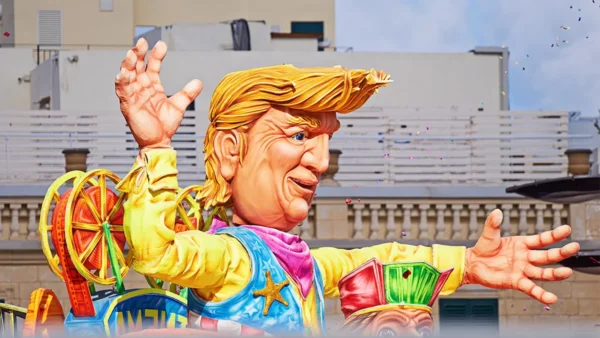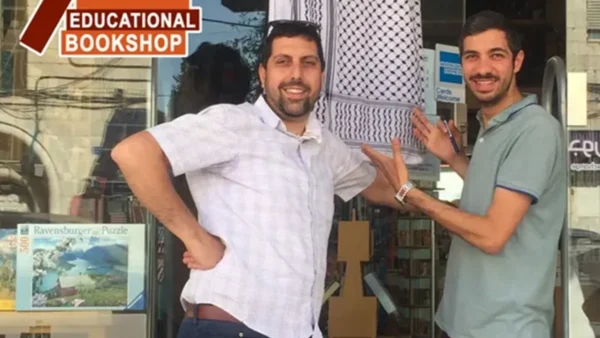I was on the bus the other day when a young mother came on with a child in a pushchair. The child must have been 4 or 5 – he was almost bursting out of the chair, and his knees were up round his chin. And he was screaming his head off. Loud, piercing screams. Now I should say right now as a disclaimer: I don’t have a lot of time for children. Some of the time they’re cute, but mostly they irritate me. I know, I’m alienating my audience, but hey, it’s the truth. Sue me.
So anyway, this kid was worse than most. It was early in the morning and his screams were so loud they drowned out even the juddering diesel of the bus and the rumbling of the traffic on the High Street.
But then, something wonderful happened. An old man turned to the child and said, firmly but not unkindly, “Be quiet.” And the child was quiet, instantly.
What stuck in my head, however, was not the child or the old man, but the look of shock and outrage on the mother’s face. This stranger, this absolute stranger, had dared to speak to HER son. She said something to him which I couldn’t hear from where I was at the back of the bus, but I don’t think it was pleasant.
But that look on her face. It was as if someone had tried to steal her handbag. And it made me realise that many parents seem to view their children as their possessions. Not human beings, who can interact with other human beings, but possessions, to be shaped and molded as THEY see fit, and woe betide anyone who tries to step in. Possessions to be admired from a distance, but not touched. Someone on TV might mouth a platitude about it taking a village to raise a child, and we might smile and nod and think what a clever phrase that is, but the next day if anyone steps too close to MY child I’ll rip their head off.
This is very different from when I was a child (not so long ago, only the 1980s). I remember many times being told off by various adults, and also (lest anyone think I am purely out to punish kids) I remember being praised when I was good. And my mother would always thank the stranger for intervening – whether what they had to say was positive or negative, she thanked them for what she saw as their help in teaching her child how to behave. When I was older she told me she appreciated it because I always listened to strangers more than I listened to her.
Perhaps the difference is that society is no longer as homogeneous as it once was. Perhaps people’s ideas of “good” and “bad” behaviour differ so widely that it’s presumptuous of anyone to tell someone else’s child how to behave. But I think, to be honest, it’s more to do with the hysteria over children’s safety that has gripped this country ever since the abduction and killing of James Bulger almost 20 years ago now. That hysteria is whipped up by daily stories in the tabloids of perverts, predators, pederasts and assorted other scum who want to do unspeakable things to YOUR child. It’s rule number one of journalism: fear sells.
Now of course, the danger is all too real. And protection is a primary duty, possibly the primary duty, of any parent. But what happens when protection overrides all else? When children can no longer play in the streets or talk to any strangers or go anywhere or do anything without Mummy or Daddy holding their hands and shooing off the threats? What happens when these children get older and suddenly have to deal with the world on their own, with no framework for doing so other than fearful retreat? Perhaps a parent who focuses on physical safety to the exclusion of all else is like a society that focuses on military security to the exclusion of all else. In solving one problem, it creates twenty more, and ends up less secure and more fearful than ever.


